Captain America: Brave New World propels the Marvel Cinematic Universe into deeper, darker political territory, with Sam Wilson (Anthony Mackie) donning the stars and stripes amid a fractured world order. Far from a standard superhero spectacle, this fourth installment is a gritty political thriller that explores national loyalty, the ethics of power, and the cost of leadership in a morally complex world.
A Presidency Built on Tension
With Thaddeus “Thunderbolt” Ross (Harrison Ford) now the President of the United States, the film opens with a unifying speech veiled in foreboding undertones. Behind Ross’s patriotic promises lies a simmering global unrest, where shifting alliances and buried secrets threaten the balance of power. Five months into Ross’s presidency, Sam Wilson and Joaquin Torres (Danny Ramirez), now the new Falcon, are deployed to Mexico to investigate the Serpent Society, a mercenary group led by the enigmatic Sidewinder (Giancarlo Esposito).
Their mission takes an unexpected turn when they uncover a container of adamantium, tracing its origin to Celestial Island, the partially emerged remains of Tiamut from Eternals. This discovery signals the MCU’s growing intersection between its grounded and cosmic storylines, pulling Sam into a global chess game.
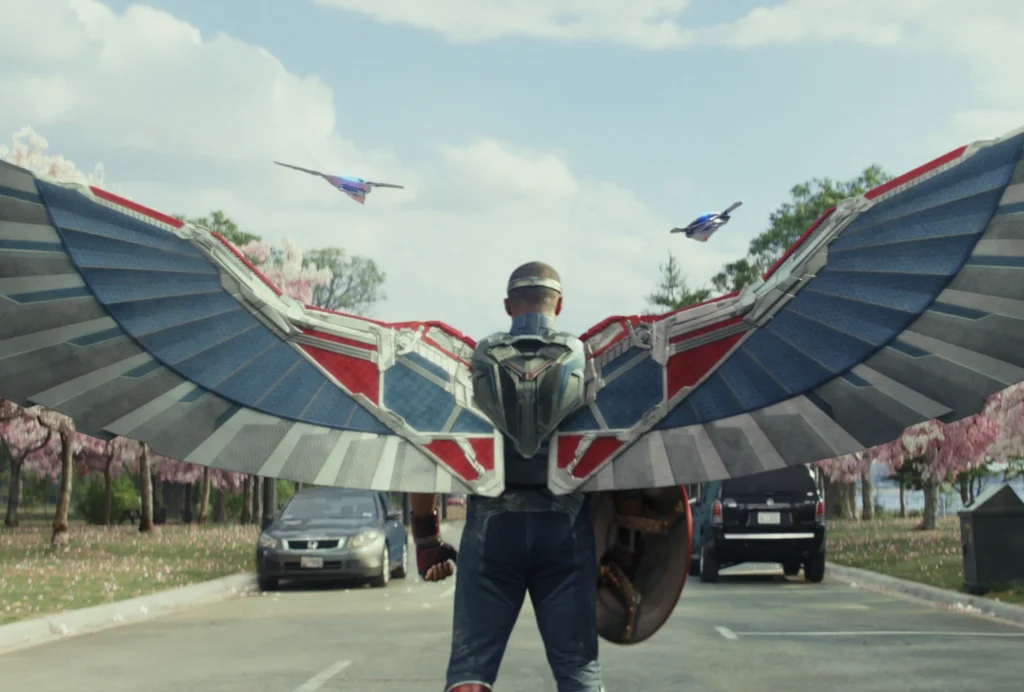
Captain vs. Commander-in-Chief
Back on American soil, tensions rise as Ross invites Sam to lead a new Avengers team. But Sam, still bearing the weight of the Sokovia Accords and Ross’s murky agenda, is hesitant. Trust erodes further when Isaiah Bradley (Carl Lumbly) is implicated in an assassination attempt on Ross, triggered by mind control activated through the innocuous tune “Mr. Blue.”
Despite Sam’s efforts to save Isaiah and uncover the truth, the incident sparks political hysteria. The mastermind? Samuel Sterns, aka The Leader (Tim Blake Nelson), resurfaces with a twisted agenda—manipulating global events through mind control tech and gamma experiments. His goal: destabilize world powers and redefine the meaning of control.
Espionage, Ethics, and Evolution
Joined by Torres and Ruth Bat-Seraph (Shira Haas), Sam delves into Sterns’ underground operation. The deeper they go, the more morally fraught their mission becomes, revealing experiments that merge gamma radiation and psychological manipulation. These revelations redefine the very concept of superhuman responsibility, transforming the film into a cerebral, tension-filled thriller.
The stakes escalate when Torres is gravely wounded in a mission, and President Ross—unraveling under pressure—ingests experimental gamma pills. What follows is a jaw-dropping transformation into Red Hulk during a press briefing, sending the nation into chaos. In the climactic battle, Sam—wing-clipped and suit-damaged—faces off against the raging monster.
But instead of brute force, Sam wins with compassion. He invokes Ross’s humanity by reminding him of his daughter Betty, deescalating the confrontation through empathy. It’s a defining moment for Sam as Captain America: not just a fighter, but a symbol of hope and moral clarity.
A New Hero’s Creed
The film closes with Isaiah Bradley exonerated, Ross imprisoned in The Raft, and Sam at Joaquin’s hospital bedside, cementing their bond as partners in heroism. A visit from Bucky Barnes (Sebastian Stan)—hinting at a new political chapter—grounds the MCU’s direction in human stakes and evolving identities.
In the post-credit scene, Sam confronts Sterns in a high-security cell. With a chilling smirk, Sterns warns of incoming multiversal threats, hinting at cosmic-level chaos brewing on the horizon.
Captain America: Brave New World doesn’t just pass the shield—it sharpens its edge. With a grounded tone, bold political commentary, and emotionally driven storytelling, this chapter redefines what it means to be a hero in an era where lines blur and truths unravel.

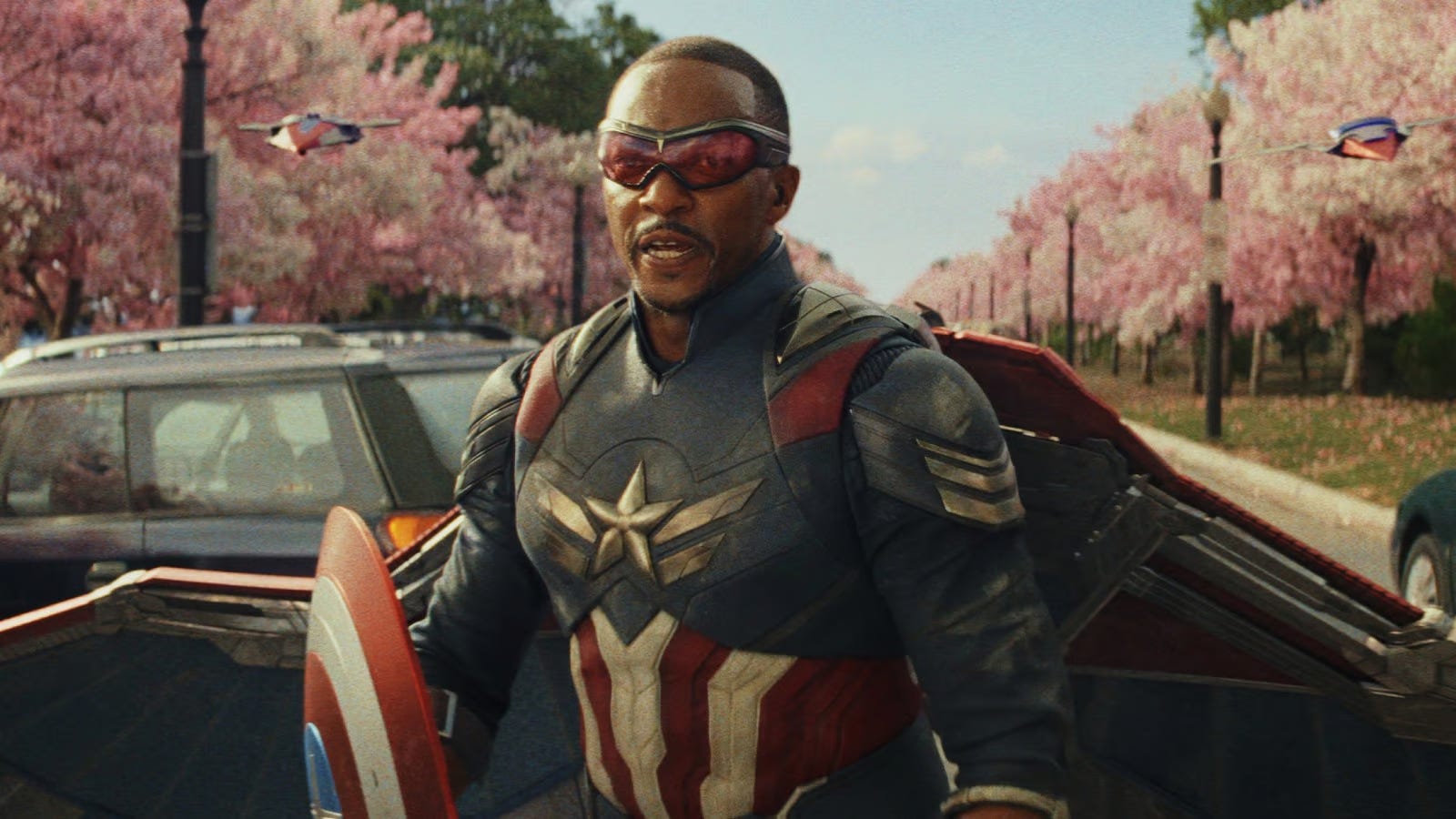

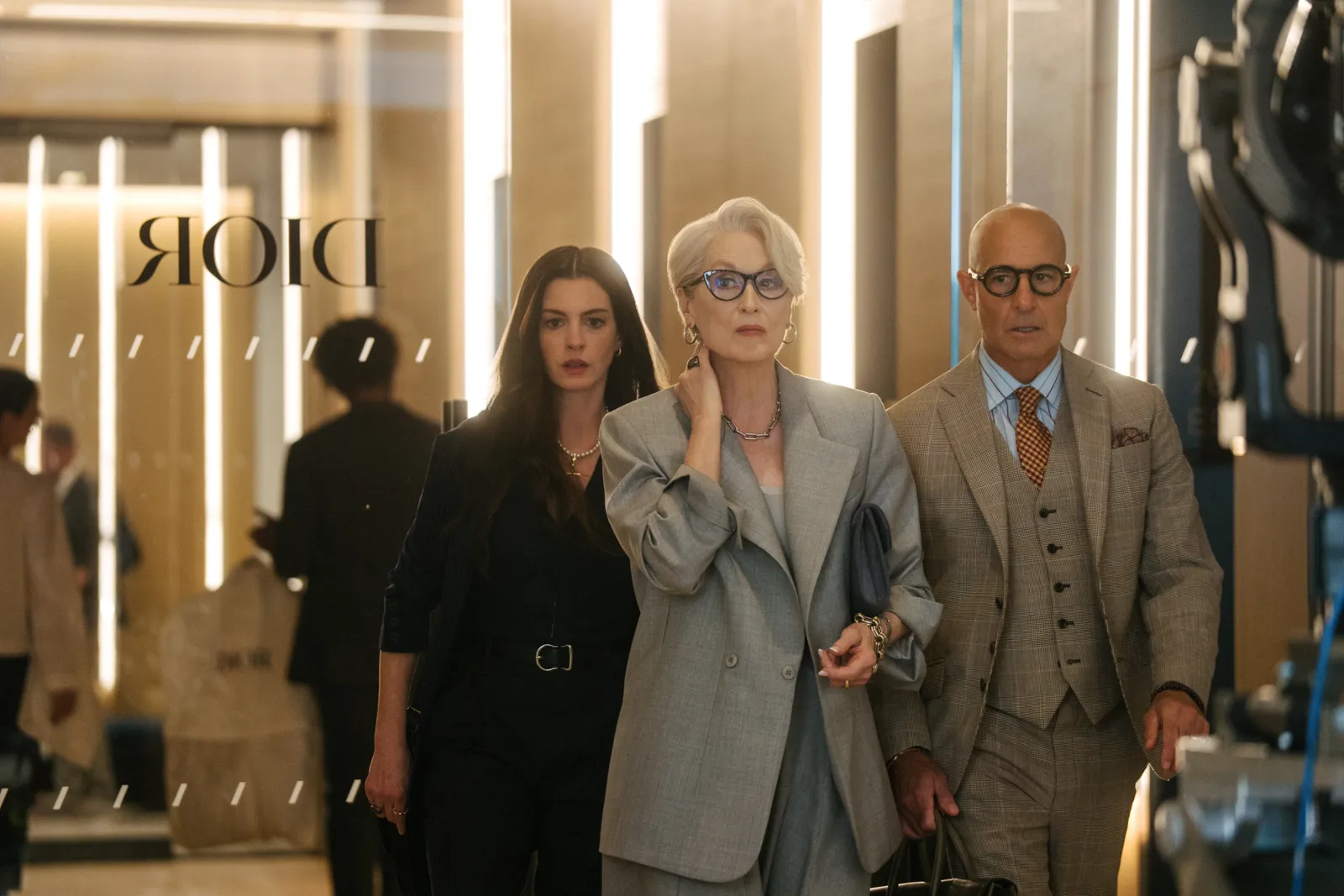
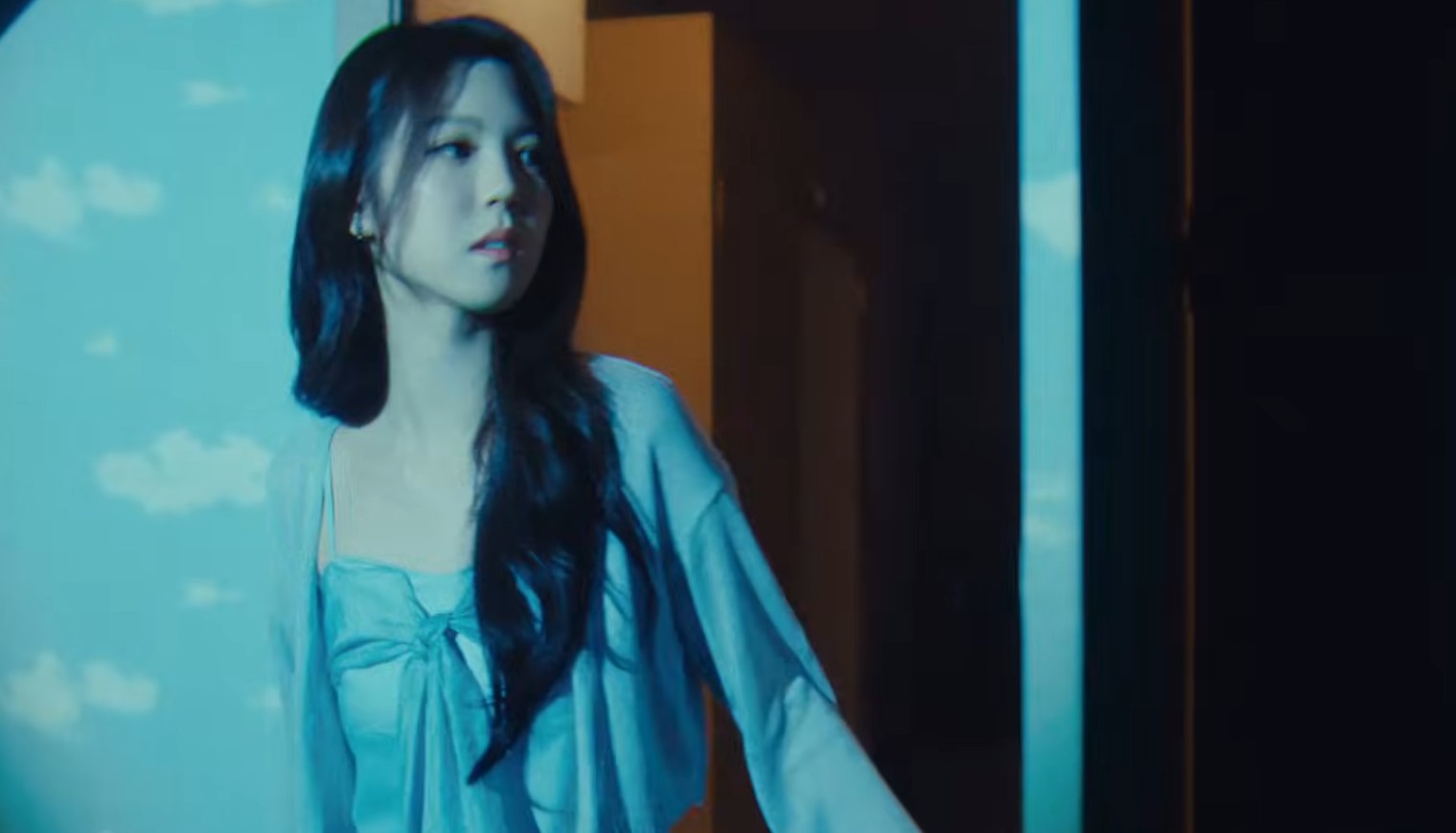



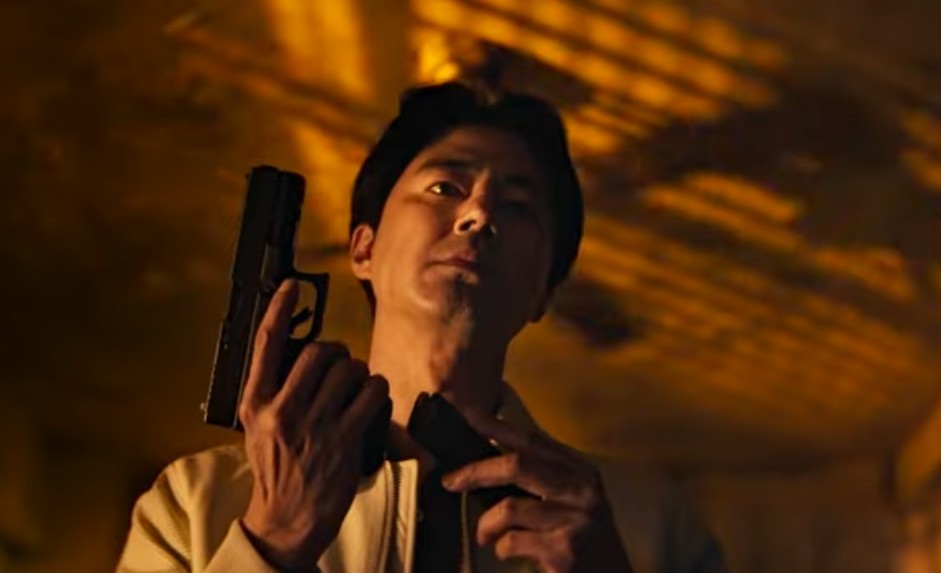
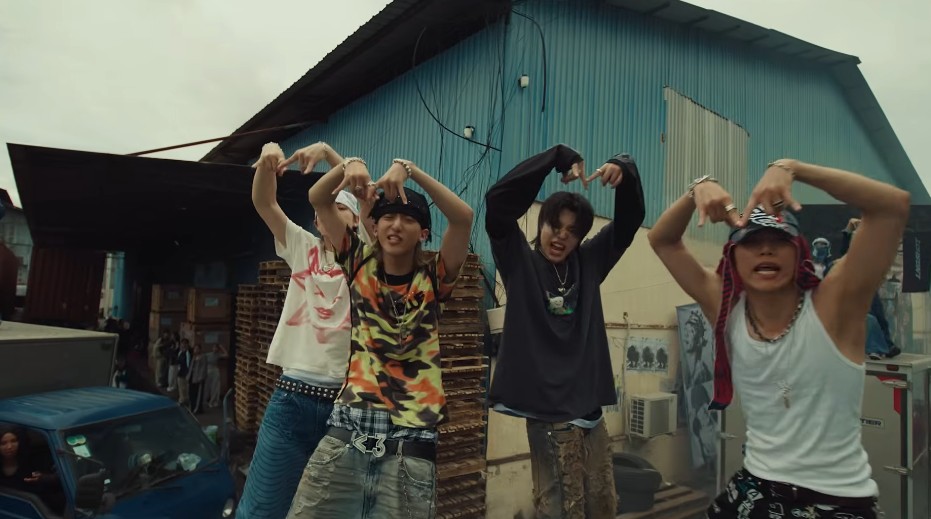

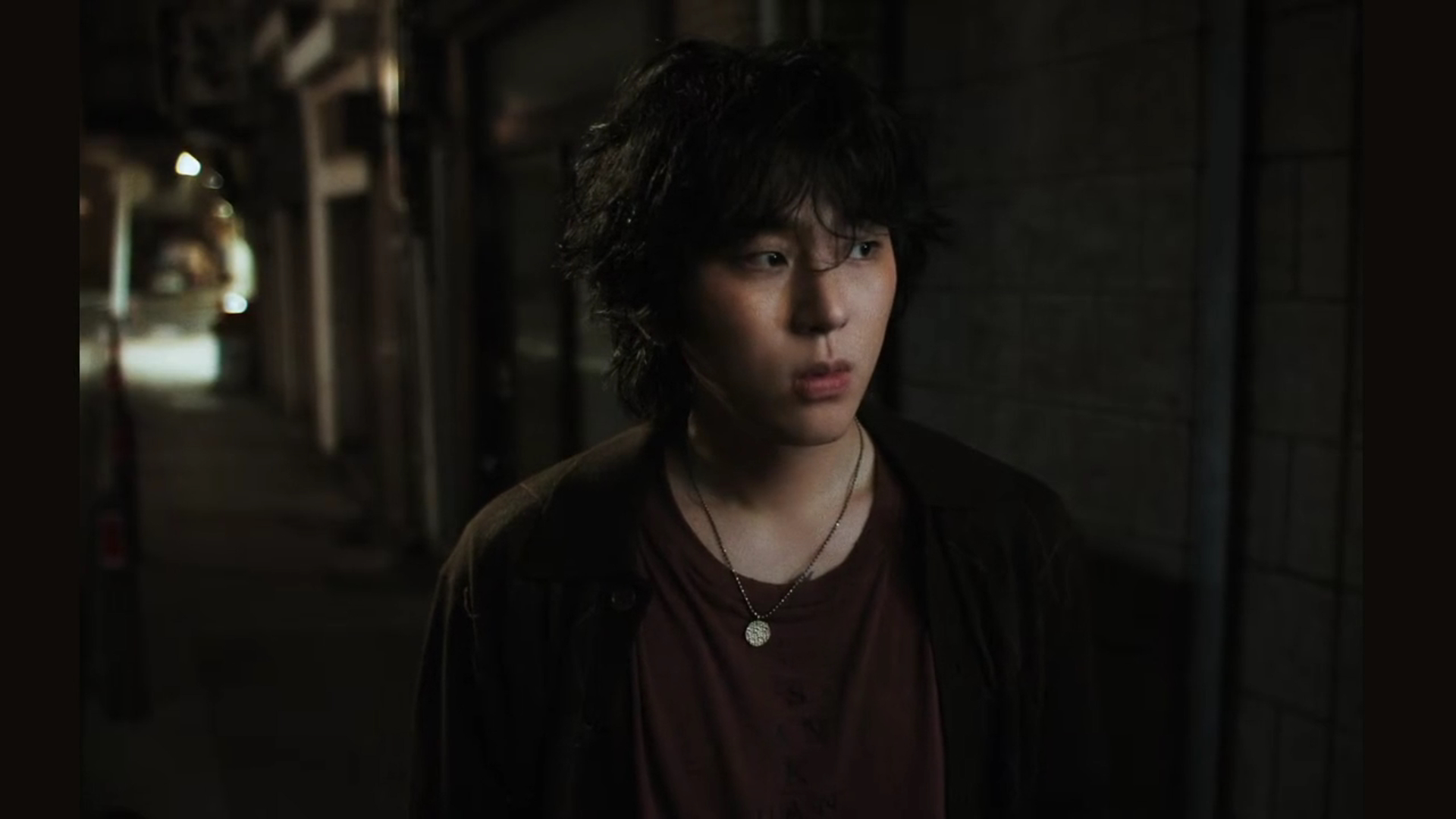
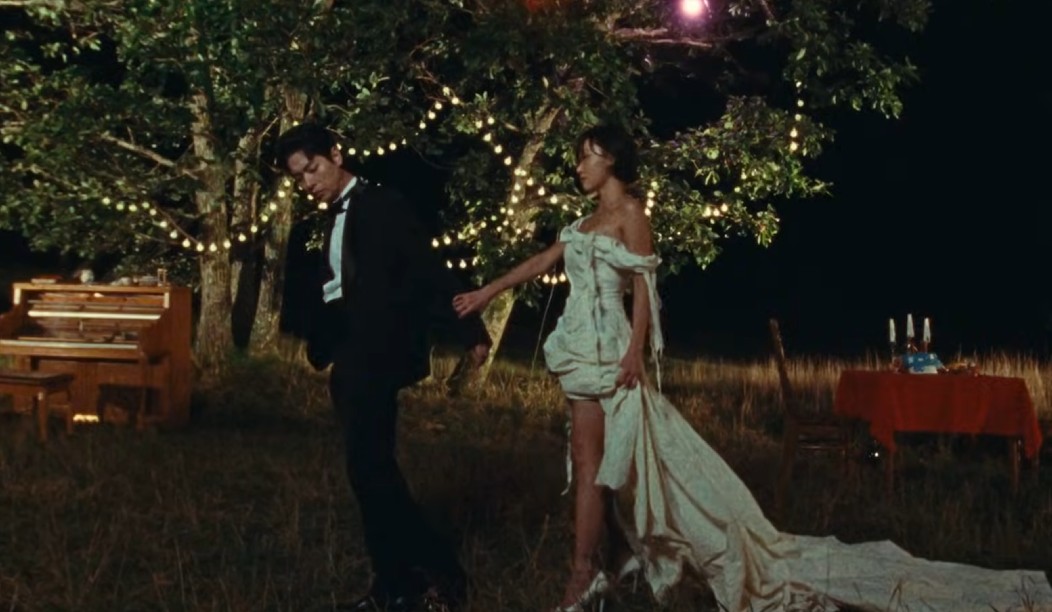

Leave a Reply